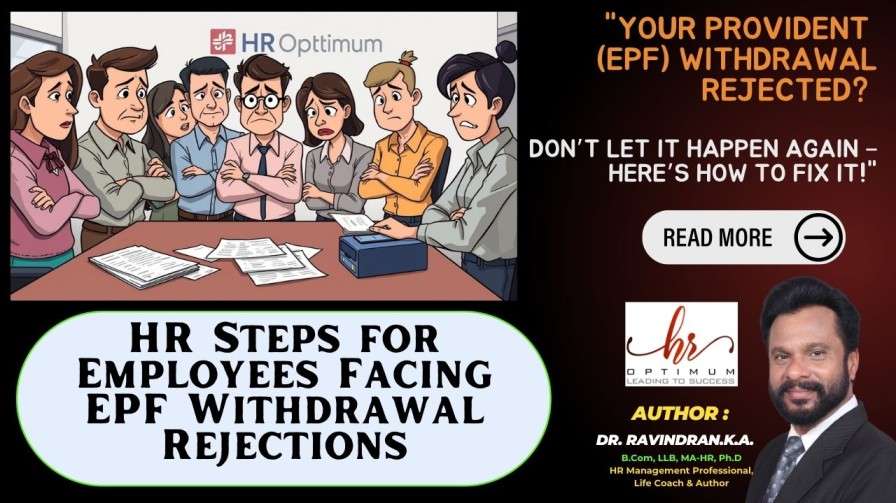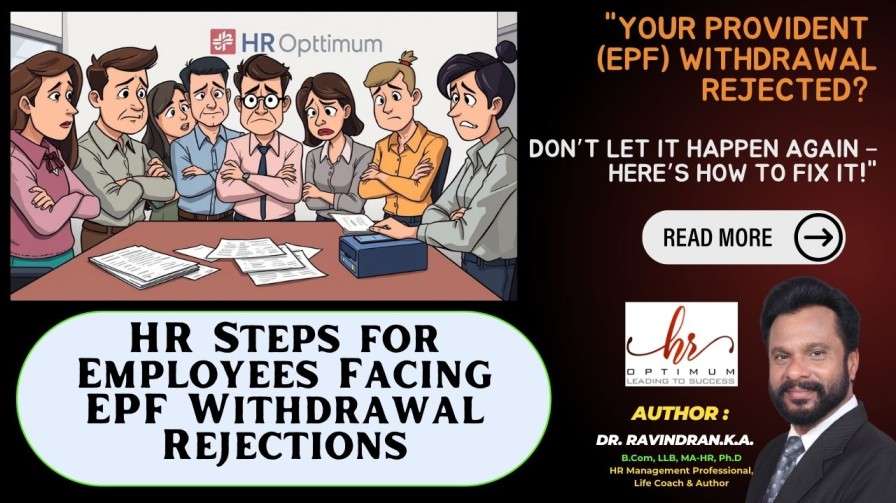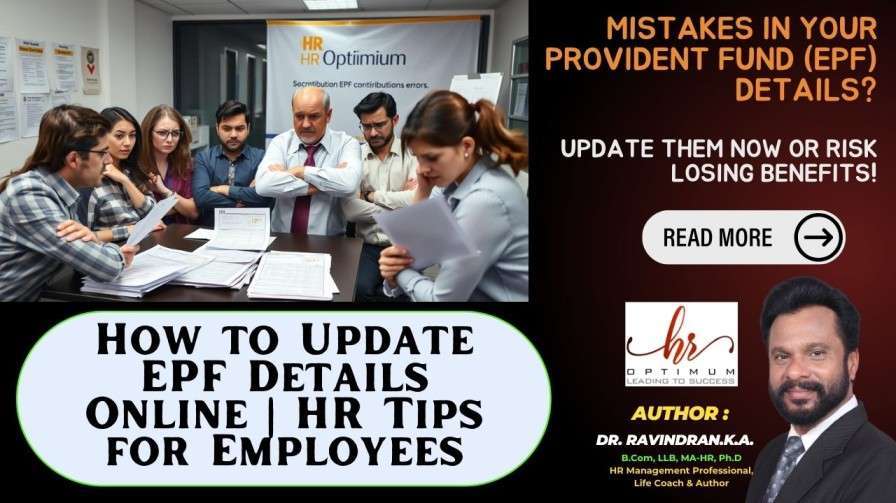Conducting Effective Background Checks: Legal Compliance and Best Practices
Are you sure your background check process keeps your company safe? Maybe there are steps missing, leaving you open to risks. Today, doing compliant and thorough background checks is crucial. This is especially true in the fast-paced job market.
Thank you for reading this post, don't forget to subscribe!It’s important to use background screening well for smart hiring choices and a safe work area. This article covers laws, top methods, and common issues of background checks in detail. It will give you the knowledge to handle background checks confidently.
Key Takeaways
- Understand the legal compliance requirements for conducting background checks.
- Discover effective strategies to streamline your candidate screening process and mitigate potential risks.
- Learn how to overcome common obstacles in executing compliant background investigations.
- Gain insights into the latest trends and best practices for employee background verification.
- Implement a robust background check process that safeguards your organization’s physical and reputational security.
Understanding the Importance of Background Checks
Employers, such as you, must do thorough background checks on possible new team members. This step is key to keep your company safe and running smoothly. These checks offer a glimpse into an applicant’s past, allowing you to judge their skills, nature, and if they’re right for the job.
Protecting Physical and Reputational Safety
Background checks include looking into criminal records. They aim to make sure new hires won’t harm others at work, like colleagues or customers. By spotting any past crimes or misconduct, you make your work environment safer for everyone.
Safeguarding Data and Sensitive Information
Now, with so much online, protecting data is top priority. Background checks can show if someone has a history of hacking or cybercrimes. This keeps your company’s important information safe from these risks.
Minimizing Compliance Risks
Good background checks help lessen the risk of breaking laws. They make sure your hiring follows the rules. By doing this, you avoid legal problems and show you hire in a fair and ethical way.
| Key Benefits of Background Checks | Potential Risks without Background Checks |
|---|---|
|
|
Legal Framework and Regulations for background checks for US
Employers need to know the laws related to checking employees’ backgrounds. This helps them follow the law and avoid risks. In the U.S., the main law is the Fair Credit Reporting Act (FCRA).
National Criminal Background Check Laws
Because of the FCRA, employers must have written permission to check someone’s background. They also have to give the person a copy of the report. And they must explain their rights under the law.
State and Local Criminal Background Check Regulations
On top of federal laws, businesses must watch for state and local rules. These can add more steps or limits to background checks. These rules can change a lot, so it’s important for companies to know what’s new where they are.
| Regulation | Requirement | Jurisdiction |
|---|---|---|
| Fair Credit Reporting Act (FCRA) | Written authorization, copy of report, summary of rights | Federal |
| California Consumer Privacy Act (CCPA) | Consumer notice, right to access and delete information | California |
| New York City Fair Chance Act | Restrictions on inquiring about criminal history, limitations on use of criminal records in hiring | New York City |
Legal Framework and Regulations for background checks for India
In India, the regulation of background checks, including credit reporting, is not governed by a single, comprehensive law similar to the Fair Credit Reporting Act (FCRA) in the United States. Instead, multiple laws and regulatory bodies oversee different aspects of background checks, data privacy, and credit reporting. Here are some key regulations and entities involved in this framework:
1. Information Technology (IT) Act, 2000:
– The IT Act governs the use of digital information and cyber activities. It includes provisions for data protection and privacy, which indirectly affect how background checks are conducted, especially those involving digital data.
2. Personal Data Protection Bill:
– The Personal Data Protection Bill (PDP Bill) aims to establish comprehensive data protection laws in India. It will provide specific guidelines on the handling of personal data, including data collected during background checks.
3. Credit Information Companies (Regulation) Act, 2005:
– This Act regulates credit information companies (CICs) in India. It governs how credit information is collected, shared, and used. Key entities like CIBIL (Credit Information Bureau (India) Limited) operate under this regulation, similar to credit bureaus in the U.S.
4. Reserve Bank of India (RBI) Guidelines:
– The RBI issues various guidelines that affect how financial institutions conduct background checks, especially related to creditworthiness and financial histories.
5. Employment Laws:
– Labour laws, such as the Industrial Employment (Standing Orders) Act, 1946, and specific state laws, may have provisions affecting employee background checks, particularly concerning the rights of employees and the obligations of employers.
6. SEBI (Securities and Exchange Board of India) Guidelines:
– SEBI regulations can impact background checks in the financial sector, especially for roles involving financial transactions and investments.
7. Sector-Specific Regulations:
– Various sectors, such as banking, insurance, and telecommunications, have specific regulatory requirements that influence how background checks are conducted within those industries.
8. Judicial Interpretations:
– Court rulings in India also shape the legal landscape for background checks, particularly in terms of interpreting the right to privacy under Article 21 of the Indian Constitution.
While India lacks a single, unified law specifically for background checks like the FCRA, the combination of these laws and regulations creates a framework that governs the practice of conducting background checks across different contexts. Employers and agencies must navigate this complex legal landscape to ensure compliance with all applicable regulations.
Overcoming Obstacles in Conducting Compliant Background Checks
Employers face many challenges when doing background checks. The main issue is the differences in criminal records from place to place. Each area has its own rules on what crimes are reported.
Using criminal records can also lead to unfairness. If not used carefully, they may affect some groups more than others. This could cause problems with offering equal job chances.
Checking backgrounds well also takes a lot of time and money, especially for smaller businesses. It involves looking into an applicant’s work history, schooling, and any past crimes. This needs people who know what they’re doing and a lot of effort.
To tackle these problems, employers should keep current with laws, use new technologies for background checks, and make strong policies. Doing this helps everyone. It keeps the workplace safe and fair. Plus, it makes sure the hiring process is done the right way.
Conclusion
Conducting effective background checks is key in the hiring process. It helps keep your organization safe, secure, and compliant. By going deep into background screening, understanding the law, and solving common issues, you make better choices. This protects your business and employees.
Getting help from pros in background checks can make things easier. They ensure your methods follow up-to-date laws. A strong background check plan not only protects your company. It also shows you value ethical hiring and a safe work environment.
Remember the advice and best practices from this article when hiring. They can help boost your company’s image. Plus, they encourage trust and responsibility, ensuring your organization’s future success.
FAQ
Why are background checks important for employers?
Employers need to hire wisely for a safe and effective workplace. Background checks reveal a candidate’s history. This helps you see if they’re right for the job.
How do criminal background checks help employers?
These checks ensure candidates won’t harm coworkers or the company. They find potential security risks like cybercriminals. This makes the work environment safer for everyone.
What are the legal requirements for conducting background checks in the United States?
In the U.S., the Fair Credit Reporting Act (FCRA) governs background checks for jobs. It says employers need written approval before checking someone’s past. They also must share the report and the FCRA rights with the person.
What challenges do employers face when conducting background checks?
Laws and ways of reporting criminal history differ by place. This makes hiring decisions hard for companies in many areas. They have to deal with mixed information and various regulations.
 hroptimum
hroptimum



